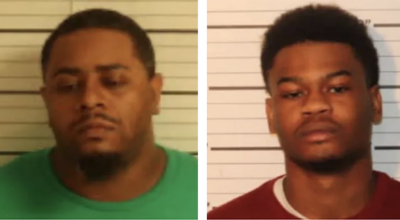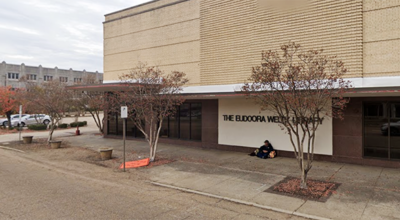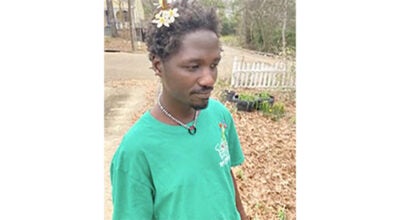Favre begins repaying $1.1 million to state for speeches he did not give, auditor says
Published 5:13 pm Wednesday, May 6, 2020
JACKSON — State Auditor Shad White said Wednesday that Brett Favre has submitted a $500,000 payment to begin repaying Mississippi Department of Human Resources money he was paid for giving speeches he did not give.
“Today my office has received $500,000 from Brett Favre in repayment for (Temporary Assistance for Needy Families program) money he was paid through MCEC and a commitment to repay the remainder in installments over the next few months,” White said in making the announcement. “The money will be held in our clearing account for a period and then be sent, in full, to the Mississippi Department of Human Services to be used for TANF-appropriate expenditures. I want to applaud Mr. Favre for his good faith effort to make this right and make the taxpayers and TANF families whole. To date, we have seen no records indicating Mr. Favre knew that TANF was the program that served as the source of the money he was paid.”
The Associated Press reported Tuesday that A nonprofit group caught up in an embezzlement scheme in Mississippi used federal welfare money to pay the former NFL quarterback $1.1 million for multiple speaking engagements, but Favre did not show up for the events, the state auditor said.
Details about payments to Favre were included in an audit of the Mississippi Department of Human Services released Monday, the Associated Press reported. State Auditor Shad White said his employees identified $94 million in questionable spending by the agency, including payments for sports activities with no clear connection to helping needy people in one of the poorest states of the U.S.
The audit was released months after a former Human Services director and five other people were indicted on state charges of embezzling about $4 million. They have pleaded not guilty and are awaiting trial in what White has called one of Mississippi’s largest public corruption cases in decades.
More News






